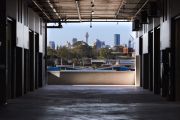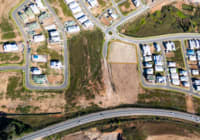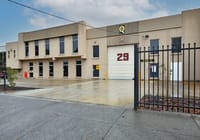
Should I buy or lease my industrial space?
Is your new or existing business ready to expand?
Maybe you have outgrown your home office or you simply need a place from which to manufacture your goods and products more effectively. The next step in your journey is to find the right commercial premises.
To buy or to lease… that is the question! Much like making the decision whether to buy or lease a residential property, your decision will be based on a few key considerations. Professional advice, especially to help understand your financial or legal obligations, should be a priority.
In the meantime, consider the factors that may influence the overall cost to your business by reviewing this list below:
General considerations
- Is your commercial space in the right location for your business? Are there complementary businesses nearby that could help support your business?
- If relevant, are your suppliers and distributors nearby? This could help save money on deliveries.
- Does your business rely on passing trade? If so, you will want to be in a more vibrant retail hub.
- Do you need any licenses or permits to operate your business from the premises?
Renting commercial space
- Where possible, consider and negotiate the terms of your commercial lease to suit your needs. Is there an option to renew at the end of the contracted tenancy? If you want to make improvements to the fit-out of the commercial space, who will pay for these?
- According to the Australian Tax Office, the rent you pay to lease your commercial business premises is tax deductible.
- Other costs associated with the business premises, such as utility bills, are also tax deductible.
Buying commercial space
- If you pay GST on the purchase of a commercial property, you may be able to claim a GST credit as long as you and the seller are both registered for GST.
- You may also be able to claim GST on other expenses that relate to buying the property, such as the GST included in solicitors’ fees and on-going running expenses.
- Commercial properties used in the running of a business are subject to capital gains tax. You will need records of the dates and costs of obtaining the premises so that you can work out your capital gain (or capital loss) when you sell it.
Whether you’re thinking of buying or leasing, it’s important to seek financial and legal advice before signing any contract. This will ensure you avoid expensive misunderstandings that could cost you your business.










